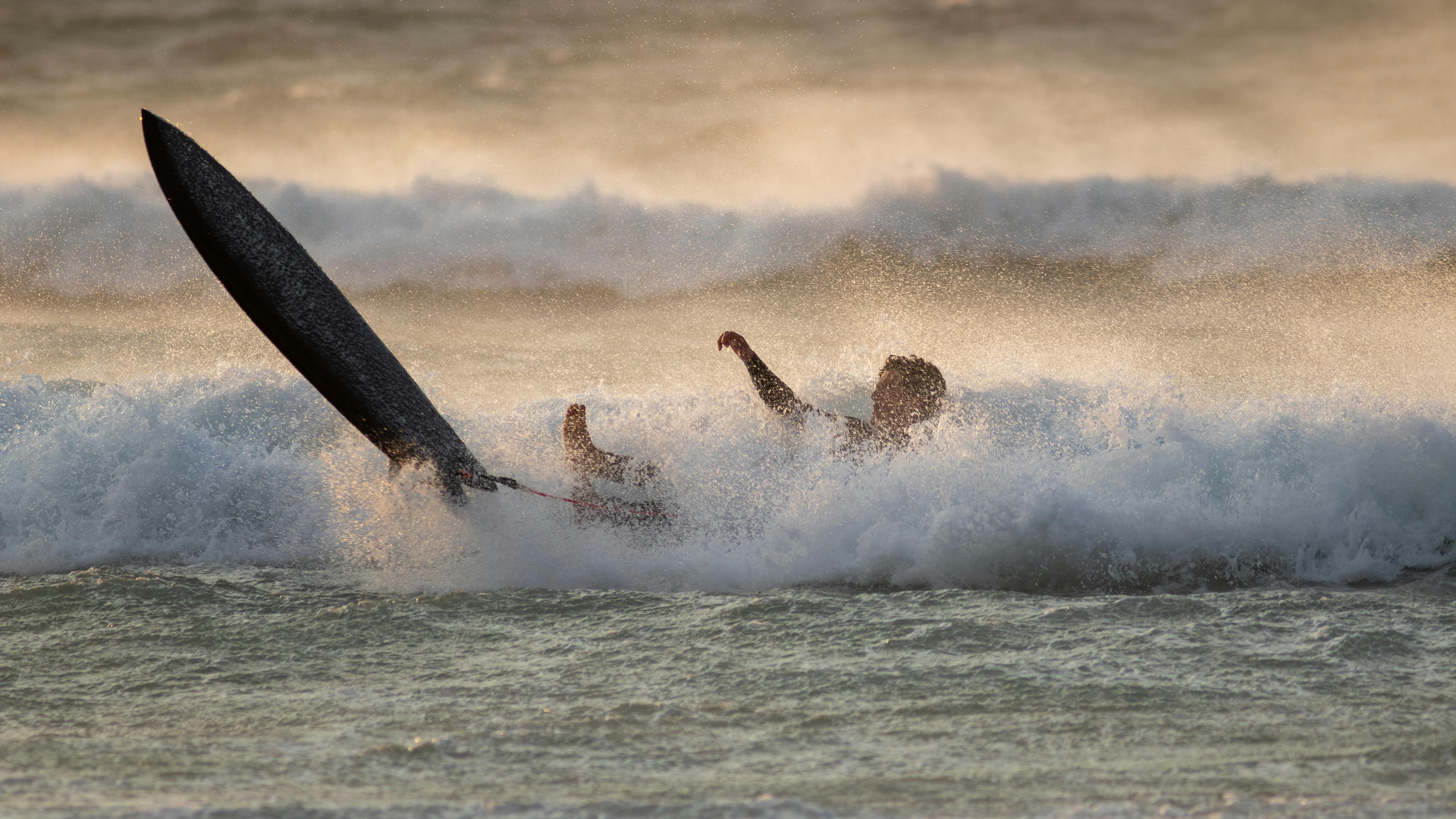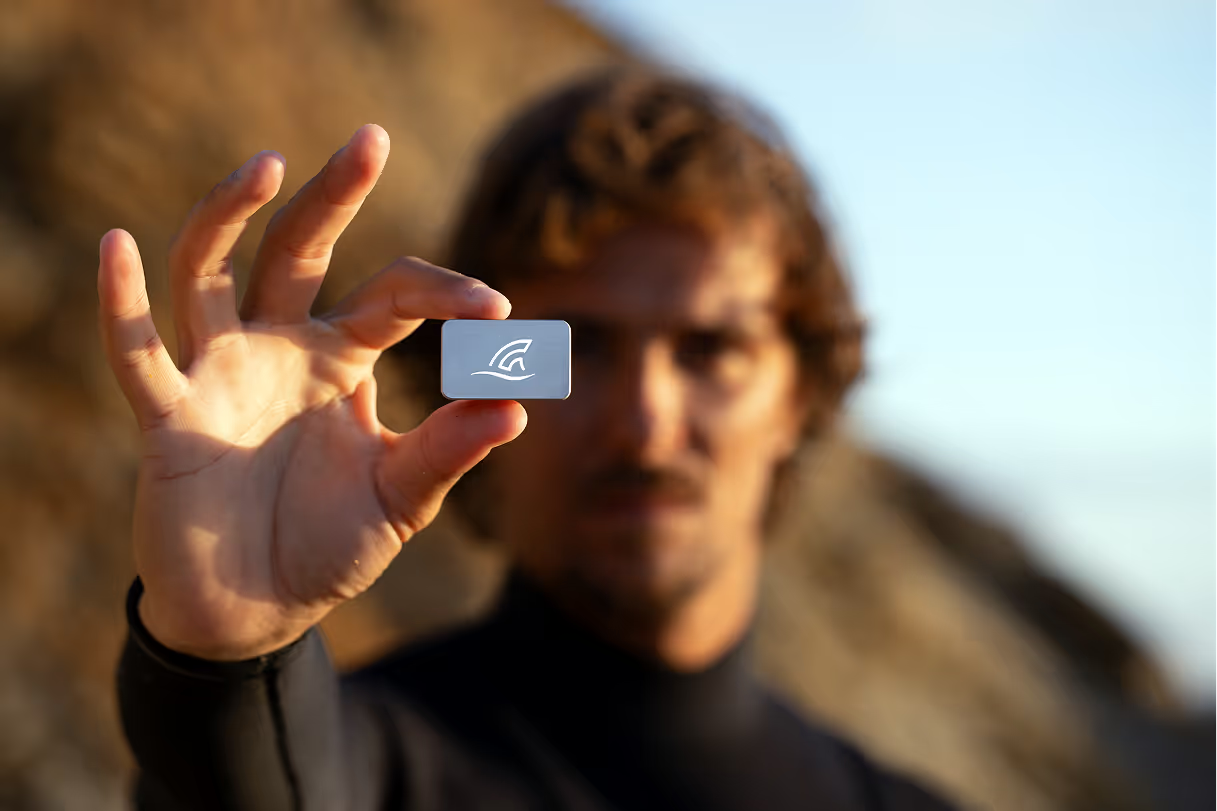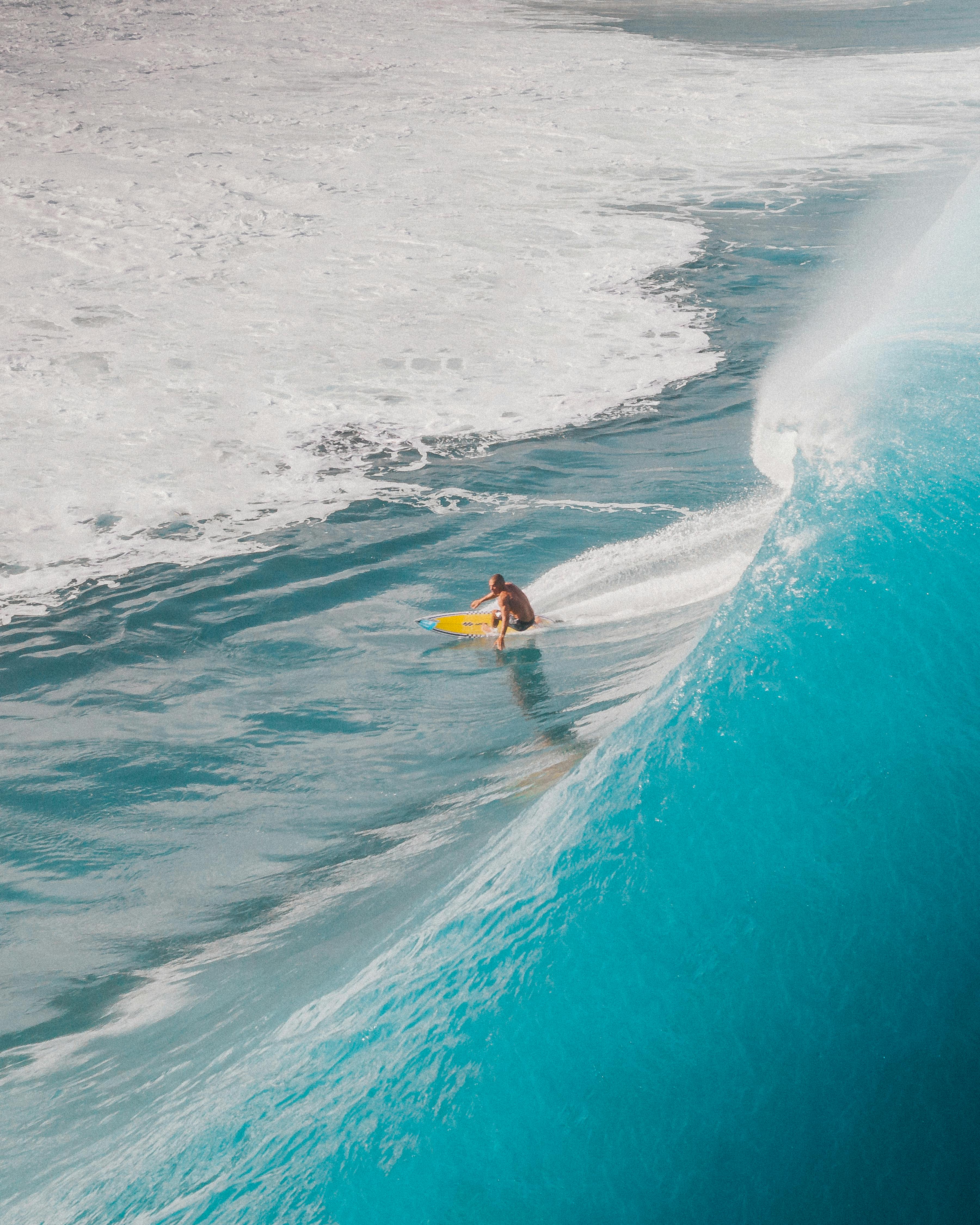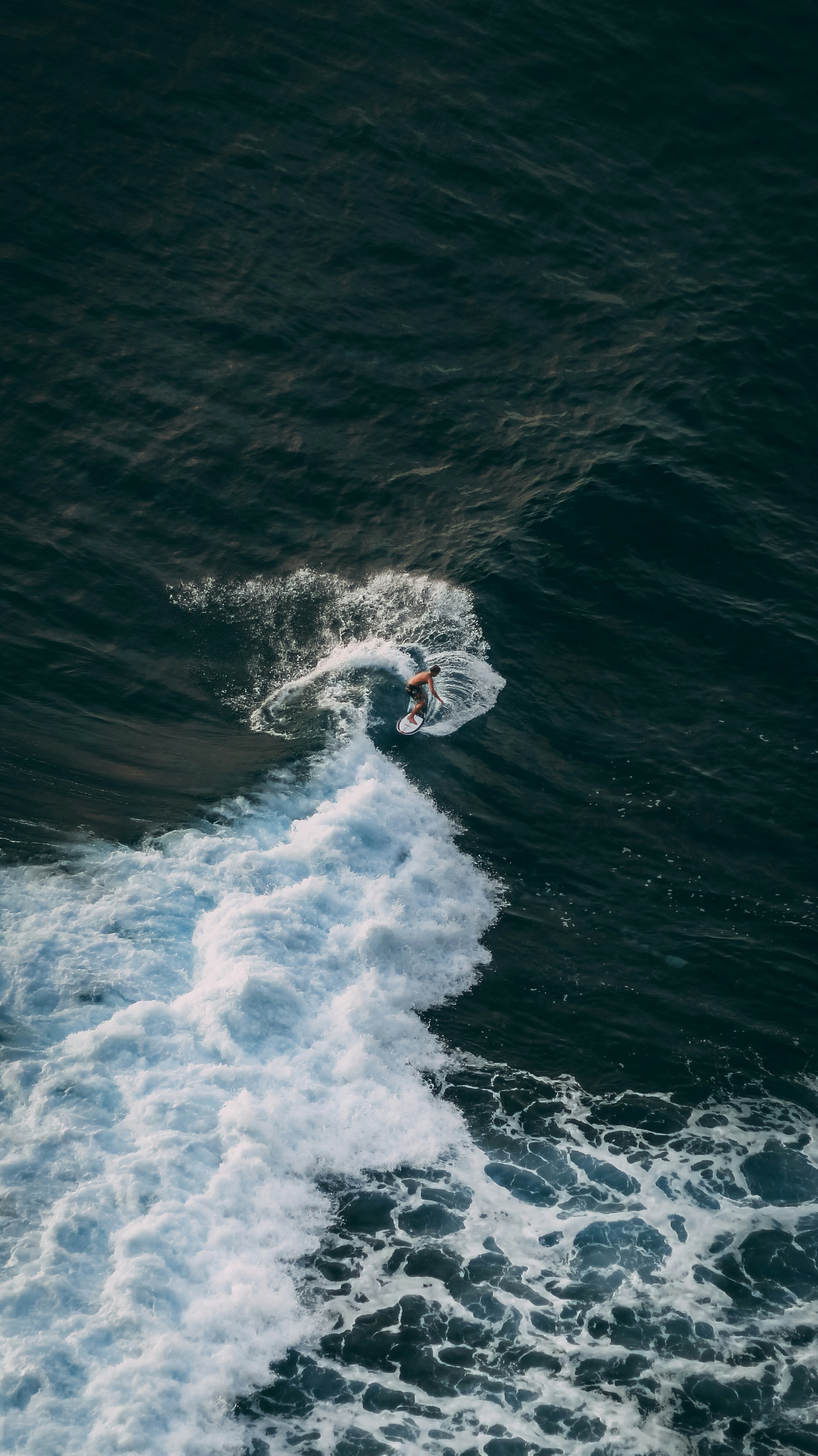Why Surfing Is So Damn Hard (and What You Can Do About It)
Ever wondered why surfing feels so hard to improve at — even if you’re trying your best? You’re not crazy. Surfing is one of the most physically, mentally, and technically demanding sports out there. It’s not just the wipeouts or paddle fatigue — it’s the plateau, the slow progress, the frustration of getting only a handful of real waves each session.
So why is surfing so uniquely difficult to learn and master? And more importantly, what can you do to actually start improving faster?
Let’s break it down.
1. You Don’t Get Many Reps
In most sports, you can rack up hundreds of practice attempts in a single session. Hit 100 tennis serves. Shoot 200 basketball free throws. In surfing? You might catch 5–10 waves in two hours — maybe. And most of those aren’t “ideal” conditions to practice the skill you want to improve.
Less reps = slower learning. Especially if you’re not getting good feedback on what’s going wrong.
2. The Environment Keeps Changing
Every wave is different. The tide, wind, swell direction, and crowd all shift constantly. That means the learning environment in surfing is inherently unstable. You’re trying to build consistent technique in a world that’s anything but consistent.
You might get a cutback section one wave, and then spend the next 40 minutes looking for another. No other sport forces you to wait this long between attempts.
3. Feedback Comes Late (or Not at All)
In other sports, the result of your action is obvious — and immediate. You know whether the ball went in, the serve hit the mark, or the rep felt clean.
In surfing, it’s much murkier. Did you fall because your weight was off? Or because the wave fattened out? Or because your stance shifted half a second too late?
Delayed or unclear feedback makes it almost impossible to fix mistakes — which means you keep reinforcing them.
4. You're Probably Practicing the Wrong Way
Without structure, most surfers practice “hope-based learning” — hoping the next wave will just feel better. But the science of skill development shows that real progress requires:
- Repetition in valid conditions
- Clear, timely feedback
- Breaking down skills into components
- Deliberate discomfort and challenge
Dryland training and whitewater practice (yes, even as an intermediate) offer more predictable environments with way more reps — which is exactly what your brain and body need to lock in real improvement.
5. Comfort Kills Progress
There’s a trap that a lot of surfers fall into: cruising. Once the basics are locked in — pop-up, trimming, basic turns — you can “surf fine” for years without actually improving.
But improvement doesn’t come from doing what you’re already good at. It comes from discomfort — from failing at something new, from doing drills that feel awkward, from working on your weaknesses.
Like Olympian Alexi Pappas said:
“If you feel good a third of the time, okay a third of the time, and crappy a third of the time — you’re doing it right.”
How TRAX Makes Surfing Learnable
This is where TRAX changes everything.
TRAX is a surf sensor + coaching app that gives you feedback you can actually use. It analyzes how you shift your weight, how deep you’re going into your turns, and where your flow breaks down. Then it connects the dots between your movement and your outcomes — telling you what to fix, why it matters, and how to work on it.
You can finally build deliberate practice into surfing. Want to work on front-foot loading or your cutback timing? TRAX identifies the weak spot, gives you targeted drills (surfskate, gym, or water-based), and tracks your improvement.
Because you don’t need to surf every day to get better — you just need better feedback and smarter practice.
Want to stop guessing and start improving?
Sign up for early access to TRAX — and turn your next surf session into real progress.
How to Do a Cutback (Without Overthinking It) – One of the hardest turns, broken down step by step.
5 Reasons Your Surfing Isn’t Progressing – A deeper dive into what really holds surfers back.








